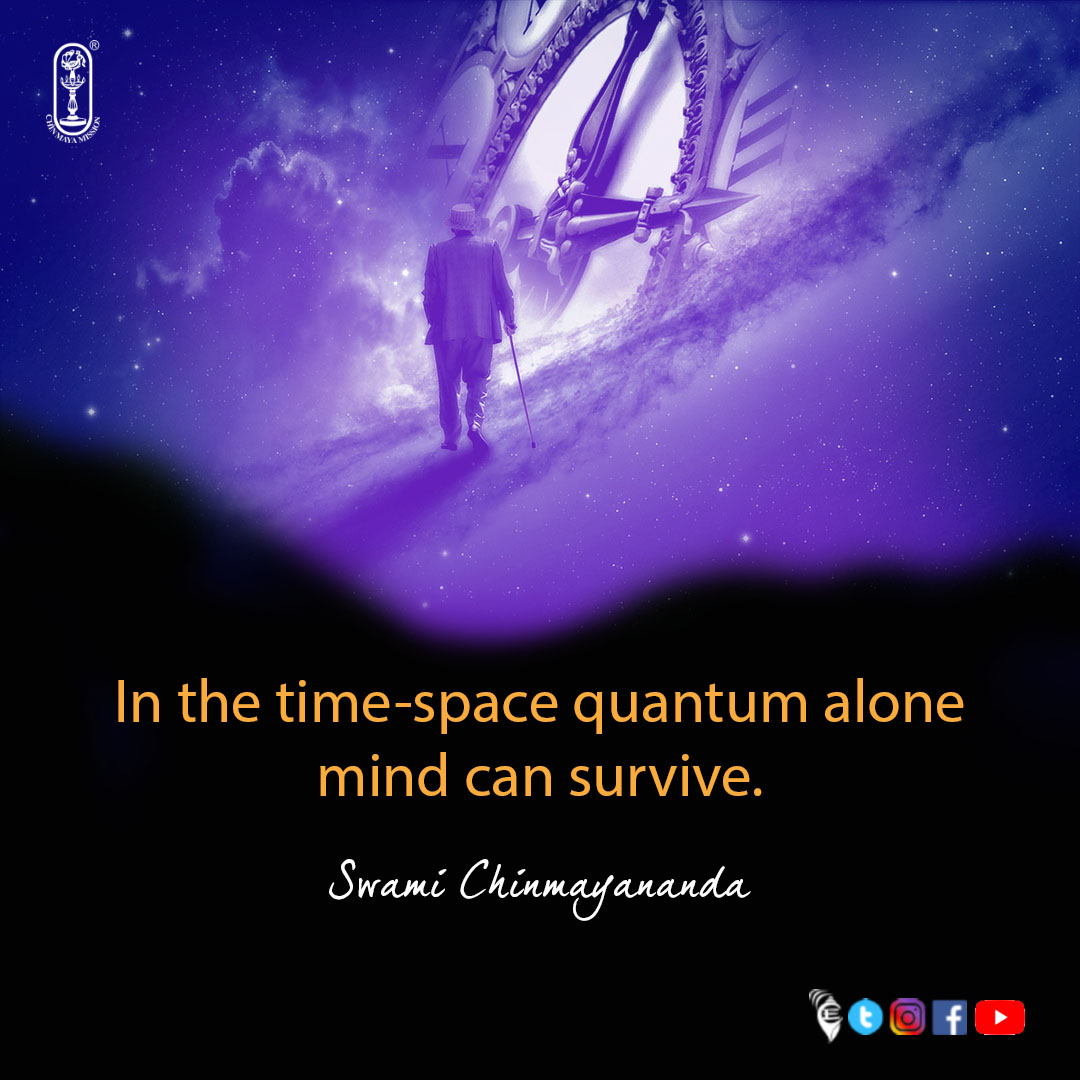Srimad Bhagavad-Gita : Chapter-18, Slokam -4
==============================================================
=============================================================
Saturday, March 12 2022. 20:00.
Chapter-18.( "Moksha-Sanyasa-Yogam" )
==============================================================
SLOKAM -4.
"Niscayam srnu me tatra tyage bharatasattama,
tyago hi purushavyaghra trividhah samprakirtitah."
-----------------------------------------------------------------------------------------------------------
MEANING :
Slokam-4. "O Arjuna! hear from Me now about renunciation. there are three kinds of renunciation declared in the scriptures."
----------------------------------------------------------------------------------------------------------
TRANSLATION :
bharata-sattama purusha-vyaghra = hey Arjuna!
tatra tyage = about the conflicting subject renunciation;
me niscayam = My Judgement ( is );
srnu = you listen;
tyage = the renunciation;
tri-vidhah samprakirtitah = of three types.
---------------------------------------------------------------------------------------------------------
COMMENTARY :
Although there are differences of opinion about renunciation, here the lord Krishna, gives His judgment, which should be taken as final.
After all, the Vedas are different laws given by the Lord.
Here the Lord is personally present, and His word should be taken as final.
The Lord says that the process of renunciation should be considered in terms of the modes of material nature in which they are performed.
It is logically explained that even in the performance of prescribed Vedic activities and obligatory duties one can exercise tyaja or renunciation in its threefold composite. Abandonment of these is not required.
#First is the lowest stage likened unto tama guna the mode of ignorance whereby in renunciation one performs activities as a matter of duty or a matter of righteousness without desire for rewards.
This can be done by abandoning desires for material benefits or heavenly delights.
#Second is the intermediate stage likened unto raja guna the mode of passion whereby renunciation of activities abandons the identifying ego sense attached to it.
Relinquishing such mentalities as this work was accomplished by me, I did it, this is mine and the rewards are mine.
#Thirdly is likened unto sattva guna the mode of goodness and is renunciation whereby one surrenders all rewards and results unto the Supreme Lord Krishna or any of His authorised incarnations and expansions as revealed in Vedic scriptures.
One should be cognizant that He is the supreme absolute truth, the supreme controller and the ultimate reality and not think that we are the controllers in any way.
Thus after relegating various divergent views regarding renunciation which is complicated and difficult to comprehend.
The Supreme Lord Krishna prepares to give His conclusion stating it has been established by the wise and erudite that renunciation is of three distinct types characterised as topmost, intermediate and lowest.
After first explaining the two opposing views which are most prominent.
The Supreme Lord Krishna now reveals the absolute conclusion to alleviate the confusion and conflicting opinions by declaring that renunciation is of three types.
Although it is complicated and difficult to understand it should not be disregarded but should astutely understood with erudition as renunciation in tama guna the mode of ignorance, in raja guna the mode of passion and sattva guna the mode of goodness.
This indicates that the renunciation of prescribed Vedic activities and obligatory duties is not appropriate as will be confirmed in the next slokam.
To be continued ...
==============================================================







Comments
Post a Comment